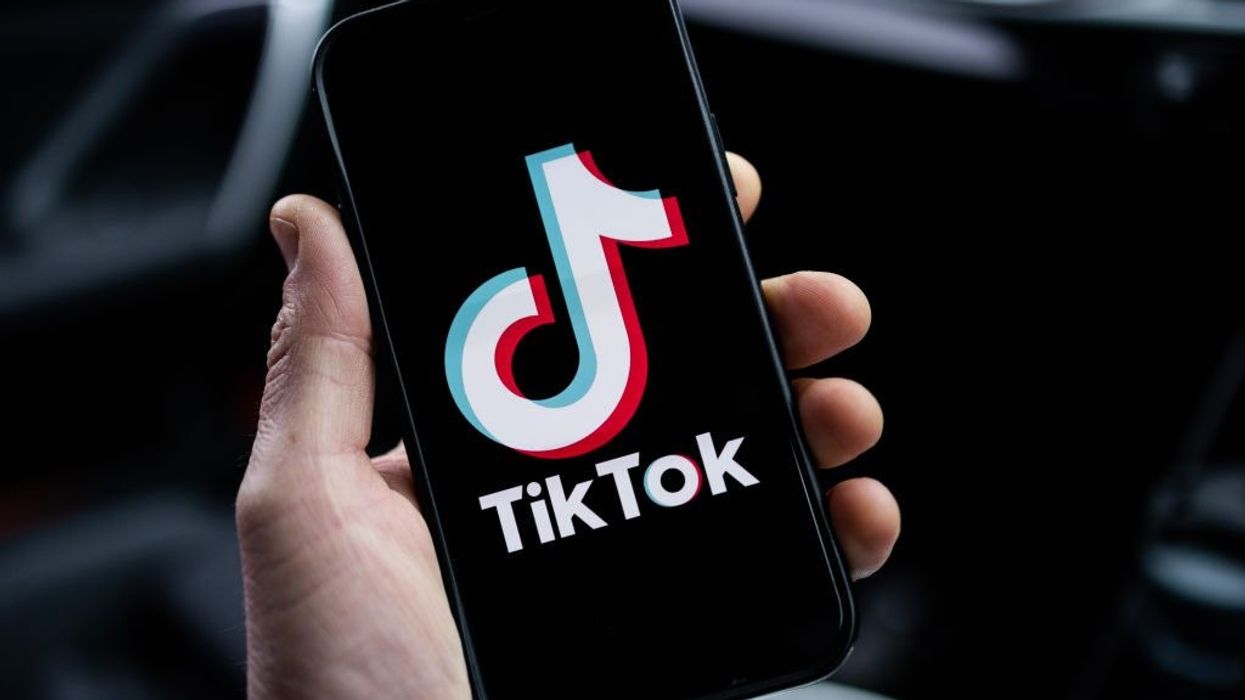The UK government declared a security ban on the Chinese-owned video platform TikTok for official devices, following similar measures taken by the European Union and the US.
Cabinet office minister Oliver Dowden on Thursday (16) announced that this ban would be implemented immediately.
Concerns have been raised by western countries over the possibility of Chinese officials utilising or manipulating user data from the app, which is owned by Bytedance.
Dowden revealed that specialists evaluated the potential risks associated with third-party applications in relation to sensitive government data.
As part of the measures, government devices will only be allowed to access apps on a pre-approved list.
The ban will apply to 'government corporate devices' used by ministers and ministries, but not apply to personal devices or the wider public.
"This is a proportionate move," said Dowden, urging users to exercise "caution" before downloading apps.
ByteDance has long insisted that it does not keep data in China or share it with Beijing.
US officials have said that if TikTok parts ways with ByteDance it would avoid a wider national ban.
On Thursday, the foreign ministry in Beijing called on Washington to stop "unreasonably suppressing" TikTok, which claims more than a billion global users.
"The US has so far failed to produce evidence that TikTok threatens US national security," spokesperson Wang Wenbin told reporters.
The UK this week detailed plans to counter what it said was the "epoch-defining challenge" posed by China, in an update to its defence and foreign policy.
Since its departure from the European Union, the UK is seeking new markets and influence in Asia, in part to counter China.
Among its plans is the strengthening of security agencies to improve the resilience of critical infrastructure.
The UK has previously sparked anger in China by banning the involvement of tech firm Huawei in the roll-out of the country's 5G network.
It has also blocked Chinese takeovers of UK electronics groups and removed China General Nuclear from construction of a new power station.
When he bid unsuccessfully to take over from Boris Johnson in July, now Prime Minister Rishi Sunak promised to get tough on China, calling the Asian superpower the "number one threat" to domestic and global security.
He claimed at the time that China was "stealing our technology and infiltrating our universities".
But since replacing Johnson's successor Liz Truss in Downing Street, Sunak has also stressed the need to stay engaged with China.
(AFP)














